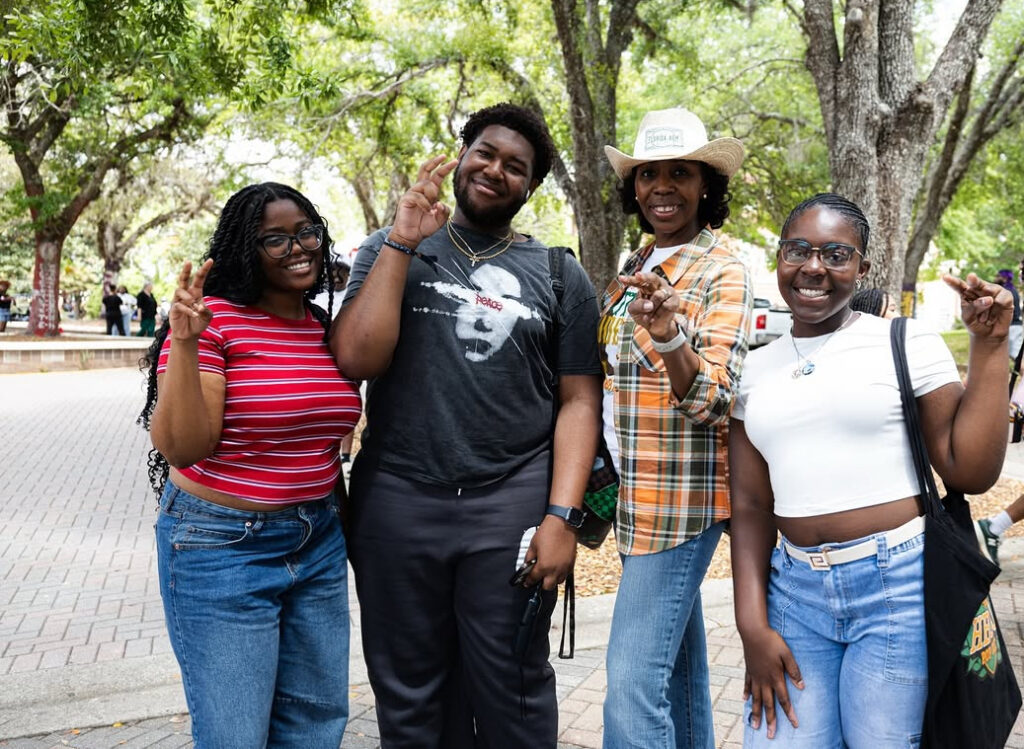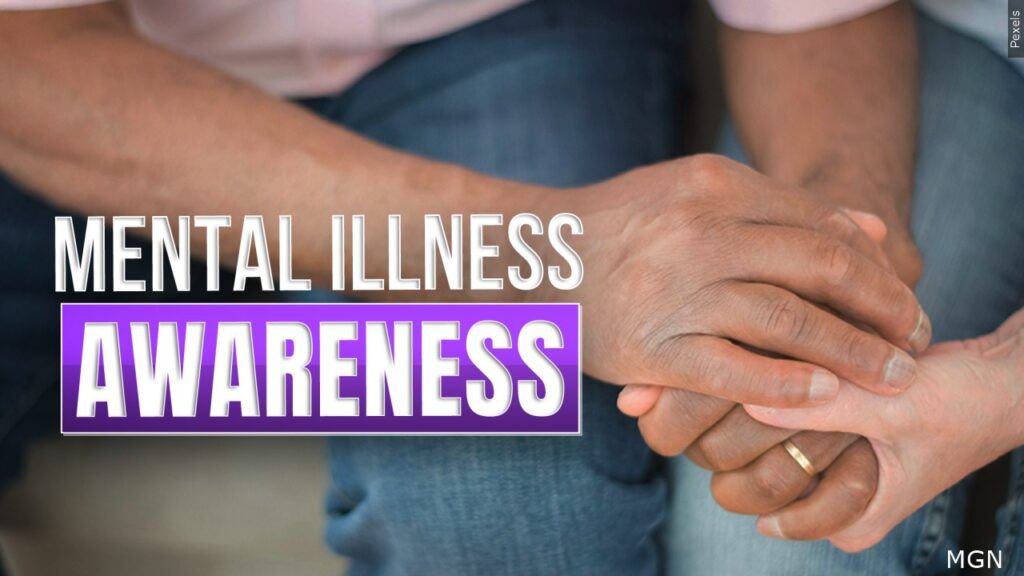What happens when you take a weekly tradition and combine that with an annual tradition? At FAMU in the year of 2025, you end up at the rodeo! April 3rd and 4th, Boots On the Ground was posted all over social media and all over campus, turning the highest of seven hills into an orange and green roundup.
FAMU 1887 Strikes: Day of Giving is a yearly tradition that encourages FAMU alumni and the Tallahassee community to support FAMU by way of philanthropy. Students and faculty rally together to collect donations for the benefit of FAMU’s academic schools and student organizations. With a theme of Boots on the Ground, the FAMU community celebrated by putting on their cowboy hats, sporting cowboy boots, and waving their fans in celebration. However, Boots on the Ground isn’t just a fun theme to rally people to donate and give students a chance to celebrate the school. Boots on the Ground is an homage to black history.
On April 4th, Set Friday was used to roll in the donations and bring together the FAMU community with a variety of western line dances. Set Friday is a FAMU tradition; Friday afternoons are used to kick off the weekend at Will Packer Amphitheater. From supporting black businesses to student organizations, Set Friday is a huge part of FAMU culture and helps encourage the student body to come together and enjoy each other.
When people generally think of cowboys, cowgirls and the wild west, Black people are not the first thought that comes to mind. TV shows, movies and books often only present buckaroos as white. However, these depictions you see in the media are not historically accurate. According to Senior Planet.org, by 1865, at least one-fourth of cowboys and cowgirls were Black. The history of Black people in Western and cowboy culture is often forgotten or ignored, but is extremely rich and an important antidote in Black culture. FAMU used their 2025 Day of Giving to tribute this important period in Black history.
History of African Americans and Cowboys
The Civil War took place from 1861 to 1865, a conflict between the North and South surrounding the issues of slavery and states’ rights. Ultimately, the North won the war, ending slavery and freeing enslaved African-Americans all over the United States. After the Civil War, the majority of African Americans had to start fresh. NPS.gov details the lives of Black cowboys and cowgirls. They gravitated towards the west, in the states of Colorado, New Mexico, Texas and Southern California, because of the opportunities that were present in cattle and agricultural farming. These opportunities in the West gave African Americans employment and helped them thrive after being enslaved for centuries. African-Americans played a crucial role in developing the cattle and horse industry and farmed crops such as corn, wheat, and a variety of vegetables.
Along with their contributions to their profession, Black cowboys and cowgirls also celebrated the cowboy way of life. African-Americans excelled in traditional activities such as horse riding, roping and were overall excellent rodeo performers. They even incorporated Black culture into the traditional cowboy lifestyle, using Black culture to influence western music, cuisine and literature.
Not surprisingly, Black cowboys and cowgirls faced a lot of racism from their white counterparts, but that did not stop them from continuing with their western lifestyle. The contributions Black cowboys and cowgirls made to the western culture are even present today, inspiring artists such as Beyonce and Lil Nas X, creating dishes using gumbo and cornbread and the making of films such as The Harder They Fall and Concrete Cowboy.
Overall, Boots on the Ground was a success, with students and faculty taking over the set with line dances and jamming four hours on end to Black country music. “It was a fun time. I loved the line dancing and I think it was a great lively theme.” Jayda Taylor, first year. LeMaya Johnson, another first-year student, says, “The Set was amazing. I love the outfits and everyone’s creativity.” Not only was FAMU able to rake in over $300,00 from Boots on the Ground, the university was able to pay recognition to an often forgotten part of Black history.













